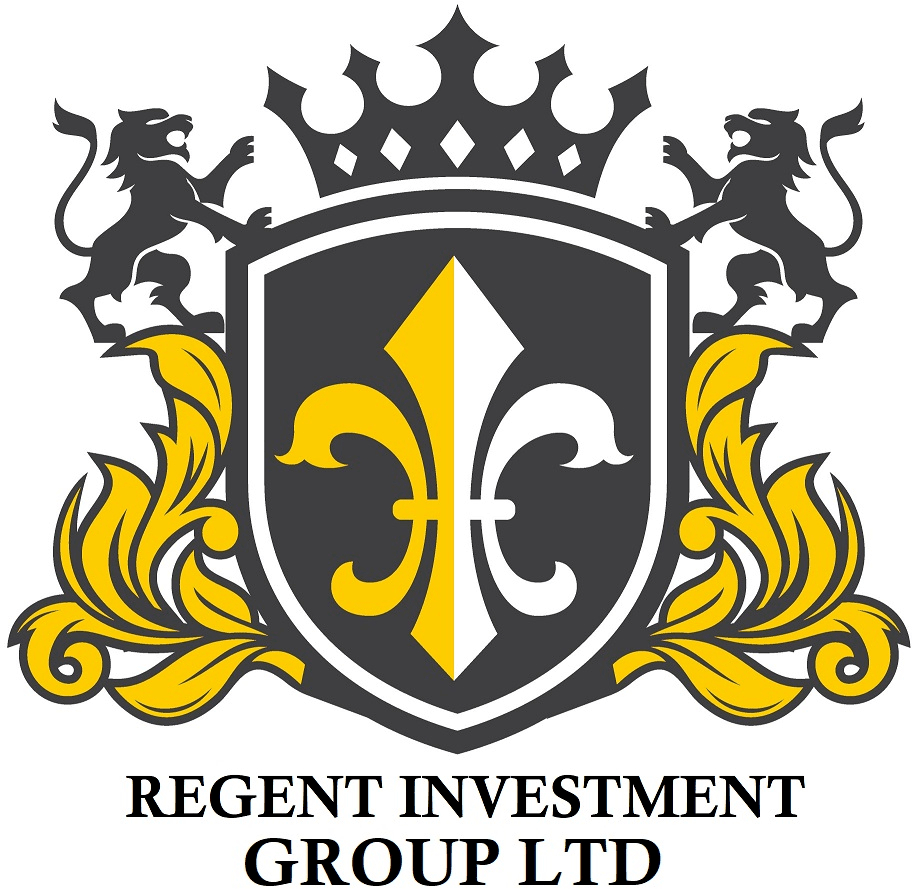VALUATION ASSESSMENT
When valuing the entire company (100% control interest), it is necessary to distinguish between the value of “assets” (asset deal) and the value of “equity” (stock deal).
A variety of factors will determine the chosen mode of sale, with buyer and seller negotiating price and an array of other “terms and conditions” including the type of sale.
Fair Market Value
(International Glossary of Business Valuation Terms)
The price, expressed in terms of cash equivalents, at which property would change hands between a hypothetical willing and able buyer and a hypothetical willing and able seller, acting at arms length in an open and unrestricted market, when neither is under compulsion to buy or sell and when both have reasonable knowledge of the relevant facts.
An ongoing operating business enterprise.
Liquidation Value
The net amount that would be realised if the business is terminated and the assets are sold piecemeal. liquidation can be either “orderly” or “forced”
The “asset sale” value will always differ from the “stock sale” value due to the specific group of assets and liabilities that are included or excluded in each format.
In determining which estimations of value are of most relevance to the business owner, the reason behind the valuation will typically address this question. Business brokers hired to assist buyers and owners most commonly value businesses under the “asset sale” method through multiples of discretionary earnings while valuations for divorce or estate taxes will be based primarily on the “equity sale” method.
“The majority of small private firms are sold as asset sales while the majority of middle market transactions involve the sale of equity.”
The general differences between the asset and equity transaction structure are:
Asset Sale (Asset Value)
Includes ONLY inventory/supplies, fixed assets and all intangible assets. Excludes all liquid financial assets and all liabilities. Buyer operates from newly formed legal entity.
ASSET SALE
The seller keeps the cash and receivables but delivers the business free and clear of all debt.
Equity Sale (Equity Value)
Includes the assets listed above PLUS liquid financial assets LESS all liabilities. Involves the full transfer of the legal entity including all account balances and current tax attributes.
Naturally, the “value” associated with these two distinct transactions can be substantially different.
EQUITY SALE
The buyer is acquiring ALL of the assets and liabilities, on and off the balance sheet.
In the real world, there are many variations on these basic structures, e.g. an asset sale might include accounts receivable or an equity sale might exclude long term debt, etc. The values provided in this report are stated in terms of the baseline case as defined above. They are both “fair market value on a going concern basis” estimates, but one reflects the asset sale and one reflects the equity sale.
Enterprise Value
In middle-market transactions, it is also helpful to distinguish between “equity value” and “enterprise value”. Enterprise value reflects the firm’s value as a functioning entity and it is helpful in that it facilitates the comparison of companies with varying levels of debt.
VALUATIONS – WHAT IS A COMPANY WORTH?
Valuation is also based on expected future performance, not just past performance and involves:
Analysis of the
industry.
Analysis of the
economic environment.
Applying acceptable
valuation methods.
Understanding of the past, present and future operations.
An analysis of the financial history and prospects of the business, project or asset.
